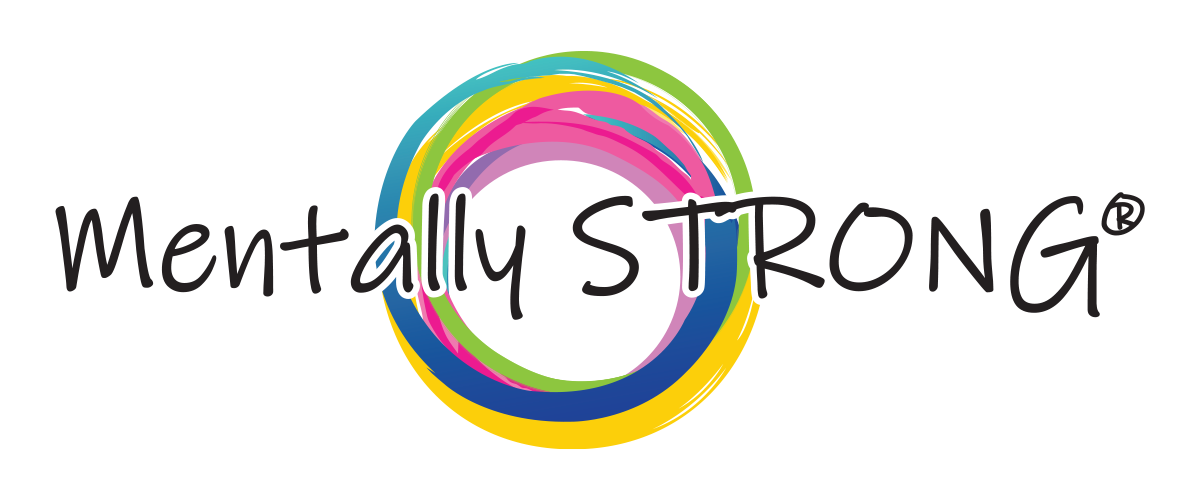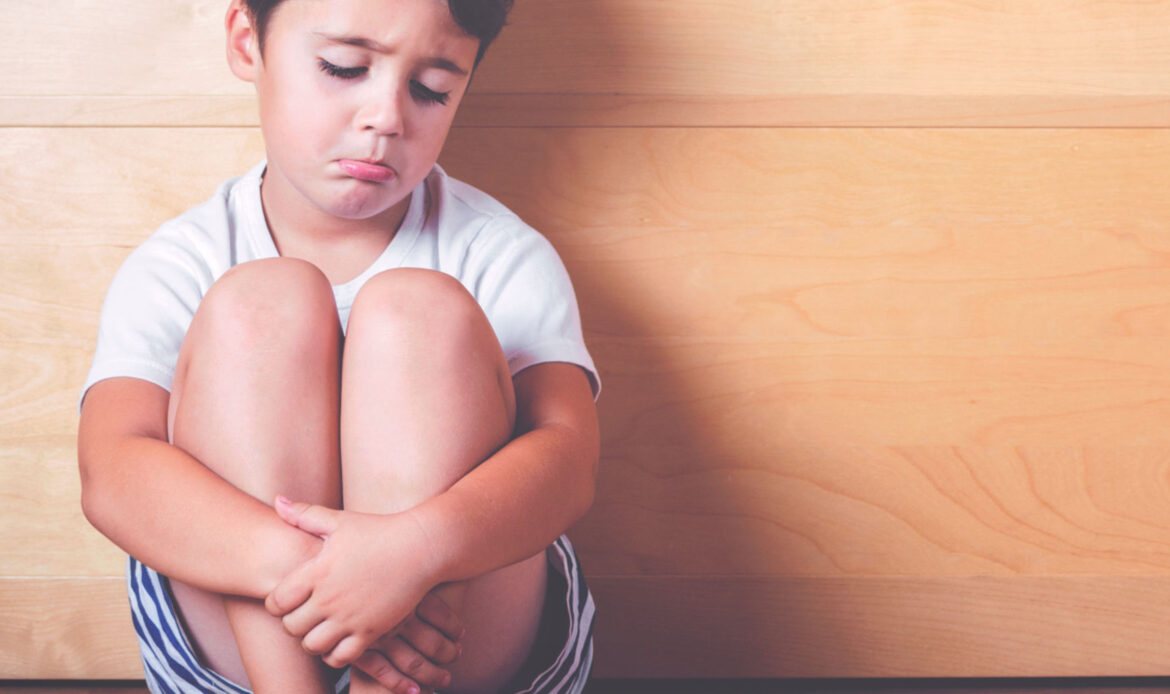It’s no secret that children can be resilient. They often adapt quickly to change and roll with the punches better than adults. But that doesn’t mean they’re immune to developing mental health disorders. According to the National Institute of Mental Health, one in eight children aged 2-17 suffer from a diagnosable mental health disorder. Post-traumatic stress disorder (PTSD) is one such disorder that can develop in children after exposure to a traumatic event. So, how can you tell if your child is suffering from PTSD? Read on to find out.
Trauma in children is more common than you think. In fact, according to the National Trauma Association, roughly 70% of children in the United States have experienced a Traumatic Event by age 16. For many of these kids, the experience is so shocking and overwhelming that it can lead to long-term psychological problems, including Post-Traumatic Stress Disorder (PTSD).
If your child has experienced a Traumatic Event, it’s essential to look for signs of PTSD. Unfortunately, many parents don’t know what to look for or how to get their children the help they need. That’s why we’ve put together this guide on how to tell if your child is suffering from PTSD. The first step is understanding what PTSD is and how it can manifest in children.
What is PTSD (Post-Traumatic Stress Disorder)?
PTSD is a mental health disorder that can occur after a person experiences or witnesses a traumatic event. This event could be a natural disaster, a car accident, or physical or sexual abuse. Children with PTSD may relive the trauma through nightmares and flashbacks, avoid anything that reminds them of the event, and have negative changes in their thoughts and moods. They may also feel jittery, have trouble sleeping, or become easily angered.
How Do I Know If My Child Has PTSD?
If your child has experienced or witnessed a traumatic event and is now having difficulty functioning at home and school, they may have PTSD. Here are some other signs to look out for:
- Negative changes – in mood or behavior – If your once happy-go-lucky child has become withdrawn and anxious, this could be a sign of PTSD. Other changes in mood or behavior to look out for include irritability, aggression, and self-destructive behaviors like recklessness or substance abuse.
- Changes in thinking – A child with PTSD may have trouble Remembering details of the event or feel confused about what happened. They may also develop baseless beliefs about themselves or others (e.g., “I’m bad,” “The world is completely dangerous”).
- Avoidance – A child with PTSD may try to avoid anything that reminds them of their traumatic experience. This includes people, places, objects, activities, thoughts, and feelings associated with the event.
- Changes in physical reactions – A child with PTSD may startle more easily or have trouble sleeping due to bad dreams or nightmares about the traumatic event. They might also experience physical symptoms like headaches or stomachaches with no known medical cause.
- Reacting more strongly to things – A child who previously didn’t mind loud noises might now flinch or cringe when they hear a car backfire, while another child may suddenly become agitated for no apparent reason.
If you think your child might be suffering from PTSD, it’s essential to seek professional help right away. A trained mental health professional will be able to conduct an evaluation and provide an accurate diagnosis as well as plan an appropriate course of treatment. With proper treatment, most children with PTSD can lead healthy, productive lives.
But for you to help children who are suffering from PTSD, you must be Mentally Strong too.
Mentally Strong Academy has a mentally strong program; with this unique approach, you will gain more control over the situation and gain more knowledge in handling kids with PTSD. Mentally Strong Academy also offers free webinars, YouTube videos, and social media content about the mentally strong method led by Dr. Cristi Bundukamara, Founder and CEO of Mentally Strong.
Visit our website at mentallystrongacademy.com to start your journey of becoming mentally strong!
You can also follow us on Instagram, Facebook, Twitter, and YouTube.
Let us all remember that PTSD is curable. That there is light in your situation. And we believe that you are Mentally STRONG.

